Every year that Latino heritage month rolls around, I see how the same tired stereotypes about Latinos come to the surface and how very little is said about those of us – and we are many – who grew up in perfectly ordinary ways. And it’s especially true about Puerto Rico, where I grew up.
I didn’t grow up in a two-bedroom house with a bunch of siblings sharing everything from a bathroom to clothes. My father had a professional job where he wore a tie, my mother was a college graduate as was her sister the pharmacist and her brother-in-law the civil engineer and myriad other relatives. My grandfather was a police detective and a bodyguard for a governor, a cousin was a judge, three others in the same family are lawyers as is one of my brothers; I as well my brothers and sisters except for one have graduate degrees. We had a pool growing up and went on vacations, and we took piano and ballet lessons and even lessons in playing castanets. Absolutely nothing screamed adversity.

And yet it was a completely normal upbringing in a place that so many Latinos, including here in the United States, are completely clueless about – Puerto Rico.
Despite it being politically part of the United States – a complicated story for another time – it feels and looks and tastes just like being in Latin America even to this day with all the American influences of cable TV, movies, fast food places, and the like.
Every student in Spain and Latin America (and I include Puerto Rico here) have the same curriculum in Spanish grammar and literature, and we read all the same novels – Pepita Jiménez, Doña Bárbara, La Casa de Bernarda Alba, and so forth and so on. We even had to learn what we never would use – the vosotros conjugation. All the kids programs were Latin American – El Chavo, El Chapulín Colorado, Plaza Sésamo, Tío Nobel, Pacheco, and even the Italian mouse Topo Gigio was recast with South American and Mexican actors. All the cartoons were in Spanish – the Flintstones were Los Pecapiedras, Spiderman was El Hombre Araña. Before cable arrived, all the U.S. shows were dubbed into Spanish. The Flying Nun was La Novicia Voladora, for instance. I remember visiting relatives in New York one summer and being shocked at hearing Pedro Picapiedra (Fred Flintstone) speaking in English.

We went to an American school on the island in part because my mother insisted we not have a Spanish accent speaking in English, saying that the only accent Americans respected was the British one, and even though we were all surrounded by Spanish and lived in Spanish and thought in Spanish, we all devoured anything from the U.S. – including during stateside visits stocking up on cereals not then available on the island and an unusual concoction of peanut butter and jelly in the same jar that was highly popular with cousins and friends.
So many of us who grew up in Puerto Rico have a great understanding of the United States and its relationship with the island because we were taught it and lived it every day, but I realized once I moved to the states as a high school student how uninformed most Americans – and yes, I include many Latinos – are about Puerto Rico and the people who live there.
To this day I identify more with Spaniards and Latin Americans than I do with U.S. Latinos – perhaps because the stereotypical narrative of those Latinos who grew up here has nothing in common with my experience. I didn’t grow up afraid to speak Spanish. I have never experienced impostor syndrome. I’m not an immigrant, and by the way, neither is Supreme Court Justice Sonia Sotomayor even though several elected officials called her that during her nomination hearings. And yet it feels like you have to be part of that “poor immigrant” category in order to be taken seriously.
Countless times I have been asked by people who should know better what kind of money is used on the island (yeah, the U.S. dollar), do they need a passport to travel there (um, no), and how is that I speak English so well (I joked with a supposed educated person that we learned it at home with a Peace Corps volunteer and that person didn’t bat an eye, apparently not knowing that the Peace Corps isn’t in Puerto Rico since it’s considered part of the U.S.).
I’ve been asked by a supposed public policy expert: Where is the Puerto Rican embassy located in Washington, D.C.?
A political science professor with a Ph.D. asked what is that song being played at a baseball game with the team from Puerto Rico. I told him it’s the island’s national anthem. They asked, “Why isn’t it the Star Spangled Banner.?” I responded, “You’re the one with the doctorate and you should really look it up.”
On another occasion when islanders were protesting some legislation and I commented on social media that thank goodness nothing got out of control, a supposed learned person who earns a living teaching college students about international studies said they were calm “because they’re Americans” and “tanks don’t roll down the streets like the rest of the world.”
Oh, sure. It almost feels like it’s nonstop stupidity and ignorance that one from Puerto Rico has to constantly correct. It’s exhausting and it feels like being some kind of spectator in a never-ending circus.
Fortunately for us Puerto Ricans, we’re too busy dancing salsa to really notice.

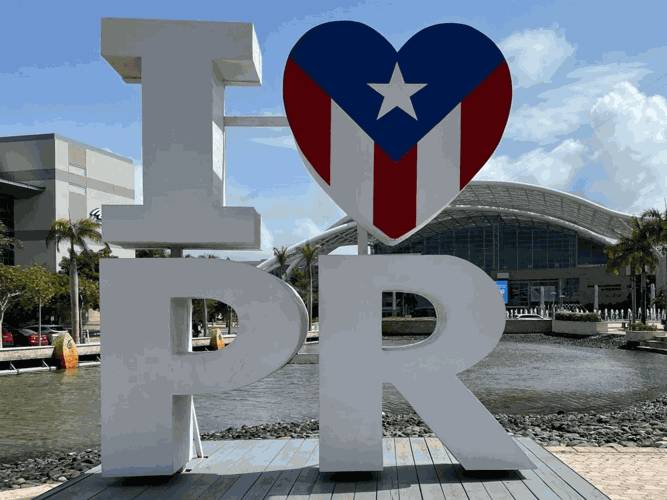
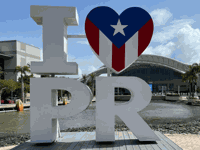

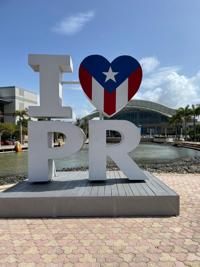



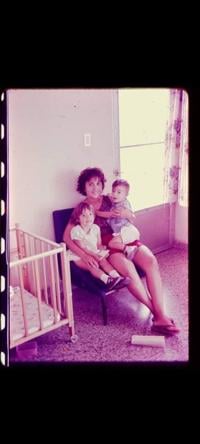

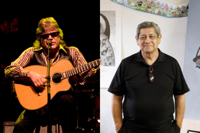

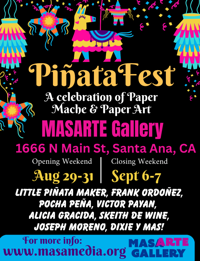



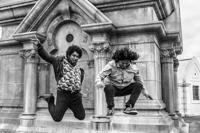
(0) comments
Welcome to the discussion.
Log In
Keep it Clean. Please avoid obscene, vulgar, lewd, racist or sexually-oriented language.
PLEASE TURN OFF YOUR CAPS LOCK.
Don't Threaten. Threats of harming another person will not be tolerated.
Be Truthful. Don't knowingly lie about anyone or anything.
Be Nice. No racism, sexism or any sort of -ism that is degrading to another person.
Be Proactive. Use the 'Report' link on each comment to let us know of abusive posts.
Share with Us. We'd love to hear eyewitness accounts, the history behind an article.